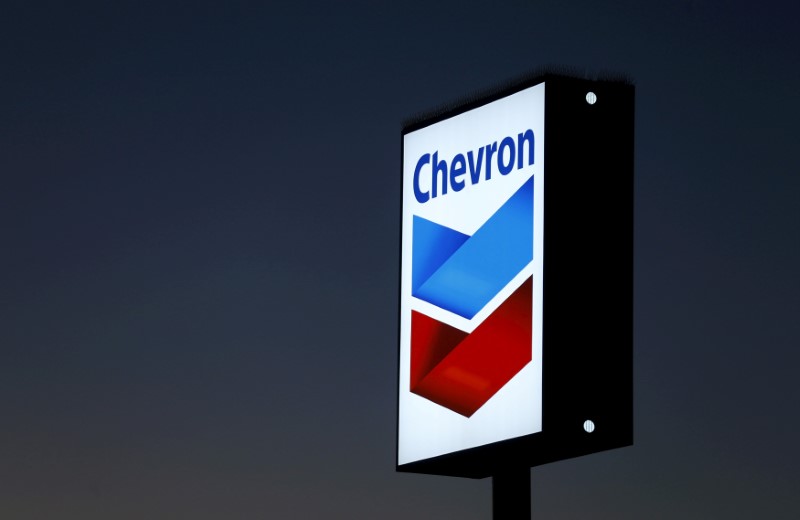Exxon, Chevron Unlikely to Buy European Majors After Recent Acquisitions
The possibility of Exxon Mobil or Chevron buying European majors has diminished following the announcement of major acquisitions focused on the Americas, according to investors. Speculation had been rife over the past two years that Chevron and Exxon might attempt to acquire rivals BP and Shell as the European companies struggled to match the performance of their US counterparts. However, the recent shift towards renewables and low-carbon energy by the European majors led investors to punish them and reward the US companies for their focus on oil and gas production, which resulted in record profits last year.
The last wave of major consolidation in the oil industry occurred in the late 1990s when Exxon, Shell, BP, and TotalEnergies merged with rivals to form large integrated companies. These acquisitions followed a decline in oil prices that weakened many firms. Today, the majors are cash-rich after soaring energy prices, driven by the conflict in Ukraine, boosted profits to record levels last year.
Rather than taking the risk of investing in exploration and development, Exxon and Chevron have opted to acquire companies to increase production and prioritize financial discipline and shareholder rewards. On October 11, Exxon, the largest US oil producer, announced its agreement to acquire Pioneer Natural Resources in an all-stock deal worth $59.5 billion, which would make it the biggest producer in the largest US oilfield and secure a decade of low-cost production. Chevron, on the other hand, recently revealed its $53 billion deal to purchase US rival producer Hess, causing BP’s shares to drop by 2%.
Despite the speculation, industry sources, analysts, and investors have dismissed the likelihood of any immediate US purchases of European rivals. The size of a major acquisition like Chevron buying BP would be too large, and Chevron’s attention will be focused on integrating the recently acquired Hess for the next few years. Similarly, Exxon will face similar challenges following the Pioneer deal.
BP’s Discounted Value and Regulatory Complexities
BP’s unexpected CEO resignation last month exposed the company to the risk of takeovers, with the company currently trading at a discounted value compared to its US counterparts, making it potentially an attractive opportunity. BP’s market capitalization stands at around $113 billion, while Shell’s is $220 billion. Chevron’s market capitalization is $318 billion, and Exxon’s is $440 billion.
While BP and Shell have diverse operations that align well with Chevron and Exxon’s businesses, their renewables operations may not be of interest to the US companies. Furthermore, the scale of a potential merger would present complexities from a regulatory and anti-trust standpoint. The European Union has been more proactive than the US government in pushing oil and gas companies to transition away from fossil fuels and embrace alternative business models.
European investors have also been advocating for energy companies to shift their business models to tackle climate change. However, some shareholders, focused on short-term returns, have urged a return to a focus on oil and gas. This has prompted Shell and BP to revise their transition targets.
In conclusion, recent acquisitions by Exxon and Chevron in the Americas have diminished the likelihood of them buying European majors like BP and Shell. The scale and complexity of such a merger, as well as regulatory challenges and differing business models, make it highly improbable. Instead, the US companies are focusing on increasing production and rewarding shareholders.



